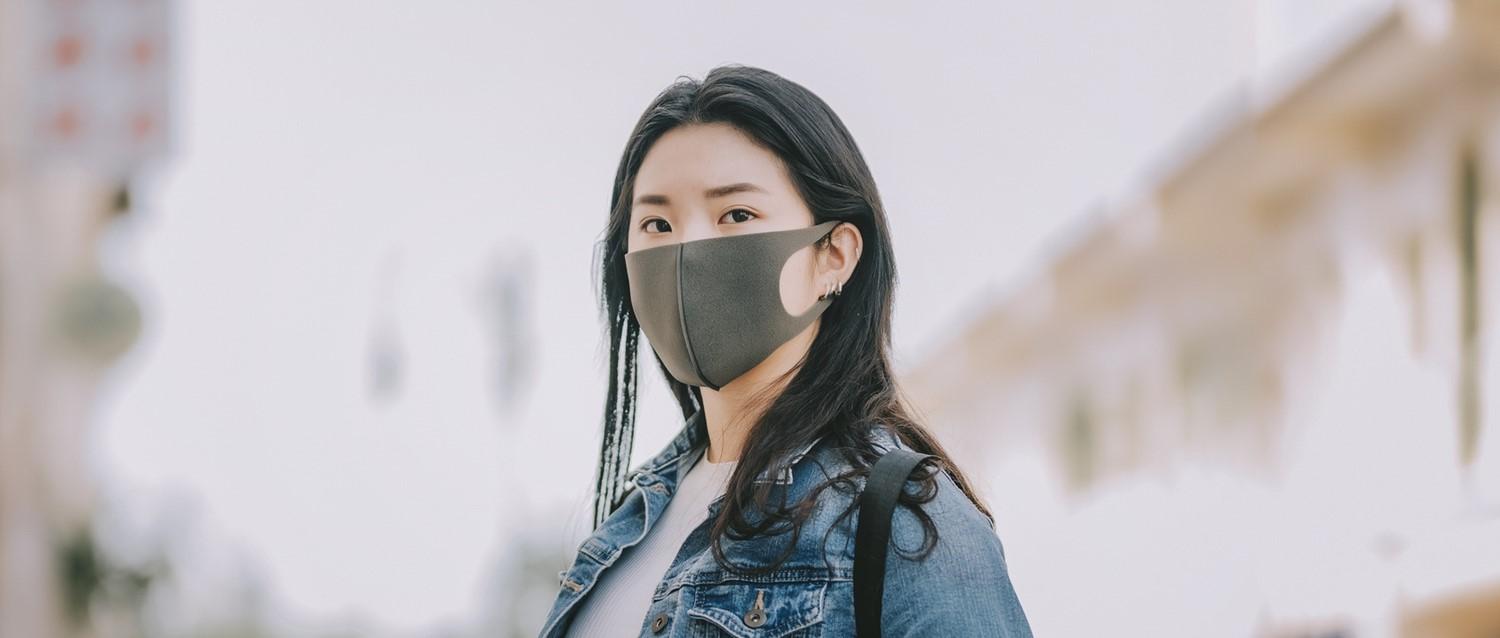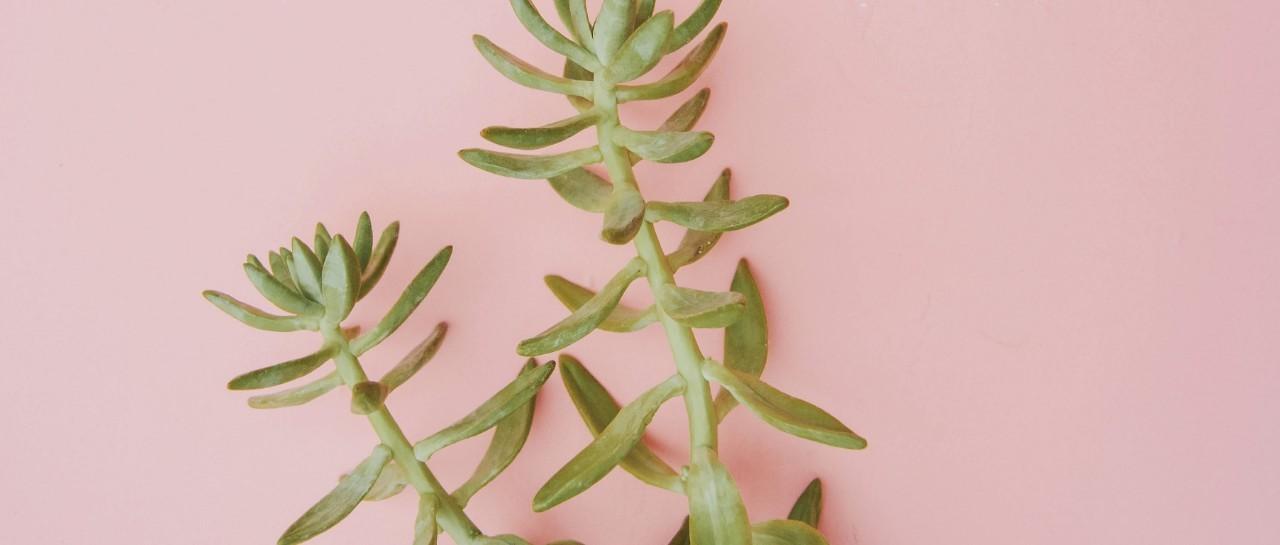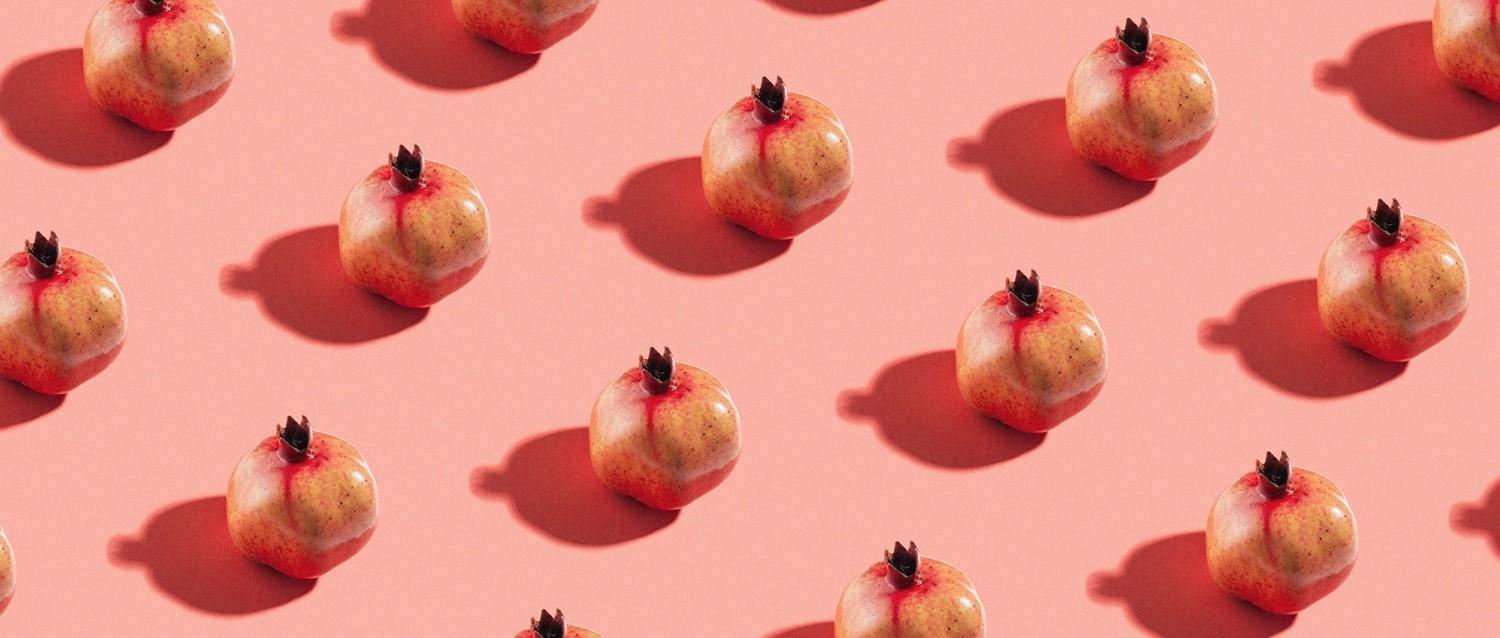
Could your face mask be causing your acne?
Peer reviewed by Dr Sarah Jarvis MBE, FRCGPAuthored by Andrea DowneyOriginally published 8 Nov 2020
Meets Patient’s editorial guidelines
- DownloadDownload
- Share
- Language
- Discussion
Have you noticed you're breaking out more often than usual and in areas where your face mask sits? You're not alone. 'Maskne' is one of the unexpected consequences of the coronavirus pandemic. So why do we get it, and how can we get rid of it?
In this article:
Video picks for Acne
Many people are experiencing redness, spots and a worsening of acne symptoms due to wearing a face mask or covering - a condition dubbed 'maskne'.
While you're wearing your face mask to do your bit to protect others from the risk of COVID-19, breakouts can still be painful and distressing.
Dr Thivi Maruthappu, consultant dermatologist and spokesperson for the British Skin Foundation explains 'maskne' and how you can treat it.
Spot of bother
Face masks can actually cause a variety of skin problems, the most common being mask acne, Dr Maruthappu says.
"Masks create a warm and humid environment underneath them which traps moisture and sebum," she explains.
"This can aggravate pre-existing acne or cause new breakouts by clogging pores. These pores become inflamed leading to the classical red tender acne lesion. Maskne typically occurs around the mouth and nose area but can also affect the jawline."
The cause of maskne is no different to the cause of any other acne. Acne is caused by excess oil on the skin combined with a blockage in the pores.
Excess oil production combined with blockage of hair follicles/sebaceous glands, or oil glands, and overgrowth of the bacterium propionibacterium acne causes spots, Dr Maruthappu explains.
"It can be exacerbated by stress, hormonal factors and medications."
Masks can also cause irritation in tight areas, such as across the nose, dry skin and redness.
"This can be worse if you have underlying skin conditions such as eczema or rosacea. In such cases it is important to use a rich barrier moisturiser before wearing your mask," Dr Maruthappu adds.
Banish breakouts
Back to contentsNow you know what causes maskne, how can you banish those breakouts?
Luckily, there are easy steps you can take to help prevent spots and treat existing ones.
Looking after your skin
"If you are developing acne due to face masks, it's important to cleanse your skin carefully twice a day and, in particular, after you take your mask off when you get home," Dr Maruthappu says.
"Use non-comedogenic products which should reduce the likelihood of pores getting blocked. In addition, avoid wearing makeup or oil-containing products under your mask as this can exacerbate acne."
Face washes, make-up, moisturisers and other cosmetic products should say if they are non-comedogenic on their packaging. Non-comedogenic essentially means the product is not likely to cause pore blockages, or comedones to use the technical term.
But it's also important not to over cleanse as this can cause dry skin. The skin's natural reaction to drying out is to create more oil which, you guessed it, can make acne worse.
Over-the-counter treatments
There is also a range of over-the-counter acne treatments you can find in your local pharmacy to help treat spots, Dr Maruthappu says.
"Ingredients to look for in acne-fighting products are salicylic acid, benzyl peroxide and niacinamide, which can be used morning and night," she explains.
"Avoid oil-containing ingredients which can frequently exacerbate acne."
Continue reading below
Switch it up
Back to contentsYou may find switching to a mask that is more breathable helpful in managing breakouts.
Materials that create excess humidity and warmth underneath them are likely to make spots worse.
"Masks made of natural fibres are often better but need to be washed on a regular basis to remove built-up oil, dead skin cells and bacteria," suggests Dr Maruthappu.
Unfortunately, not wearing a mask is not an option.
In England it is compulsory to wear a face covering or mask when on public transport; in shops and supermarkets; in pubs, bars and restaurants except when seated; in theatres, museums and other entertainment venues; in banks and post offices; and in places of worship. The rules vary in Scotland, Wales and Northern Ireland.
Fines of up to £200 have been introduced for people not wearing a mask where expected to, which doubles upon the next offence.
There are exceptions to the rule including children under 11; people who cannot wear a mask due to disability or mental health reasons; people with asthma; if you are speaking to someone who relies on lip reading; and in situations where a mask may cause distress.
Patient picks for Acne

Skin, nail and hair health
Do any natural remedies really work for acne?
Natural skin treatments you can find in your own home are becoming more and more popular, but is there any evidence to suggest they can cure acne? The answer for most people is no, according to Dr Anjali Mahto of the British Association of Dermatologists, who says natural treatments could even cause further skin irritation.
by Andrea Downey

Skin, nail and hair health
Is there a link between diet and acne?
You don't have to look very far online to find someone proffering a miracle 'acne diet' or 'hormone-balancing' dietary supplement that will supposedly clear up your skin for good. But what does the evidence really say?
by Sarah Graham
Continue reading below
Article history
The information on this page is peer reviewed by qualified clinicians.
8 Nov 2020 | Originally published
Authored by:
Andrea Downey
Peer reviewed by
Dr Sarah Jarvis MBE, FRCGP

Ask, share, connect.
Browse discussions, ask questions, and share experiences across hundreds of health topics.

Feeling unwell?
Assess your symptoms online for free
Sign up to the Patient newsletter
Your weekly dose of clear, trustworthy health advice - written to help you feel informed, confident and in control.
By subscribing you accept our Privacy Policy. You can unsubscribe at any time. We never sell your data.